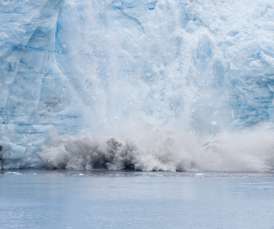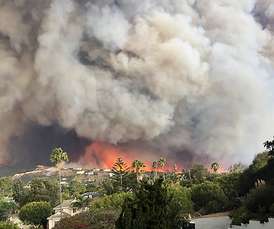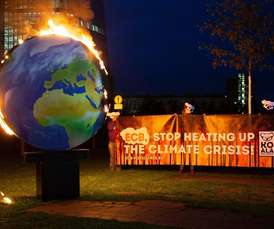IPCC report: The 10 key conclusions
Business Green
AUGUST 9, 2021
But it nevertheless delivers a very straightforward conclusion: achieving net zero emissions right across the planet as soon as possible and ideally before 2050 is the only pathway forward for humanity if the worst climate impacts are to be avoided.















Let's personalize your content